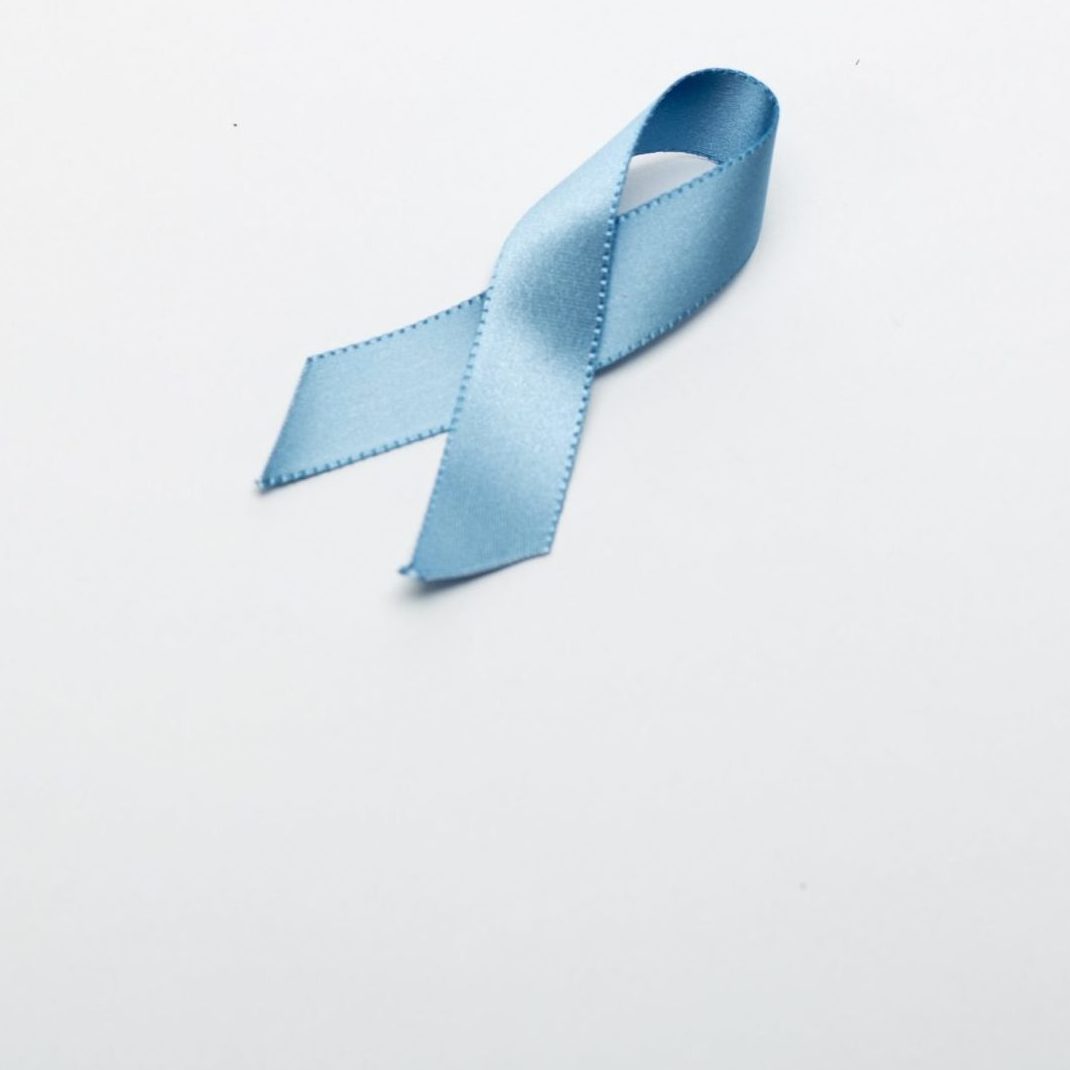Prostate problems are common particularly in men aged over 50, which is why it’s important to support your prostate health starting now.
“Prostate cancer is the second most commonly occurring cancer in men and the fourth most commonly occurring cancer overall.”1
In the UK “More than 47,500 men are diagnosed with prostate cancer every year – that’s 129 men every day. Every 45 minutes one man dies from prostate cancer – that’s more than 11,500 men every year. 1 in 8 men will be diagnosed with prostate cancer in their lifetime.”2
The prostate is a small gland found only in men. It surrounds the tube that carries urine out of the body (urethra). It’s about the size and shape of a walnut but tends to get bigger as one gets older.
The prostate can sometimes become swollen or enlarged by conditions such as:
- prostate enlargement
- prostatitis (inflammation of the prostate)
- prostate cancer
- prostate enlargement
An enlarged prostate can put pressure on the urethra, which can affect urination.
Signs of an enlarged prostate can include:
- difficulty starting or stopping urinating
- a weak flow of urine
- straining when peeing
- feeling like the bladder isn’t fully empty
- prolonged dribbling after urination
- needing to pee more frequently or more suddenly
- waking up frequently during the night to pee
See your GP if you notice any problems with, or changes to your usual pattern of urination.
Prostatitis
Prostatitis is where the prostate gland becomes inflamed (swollen). It’s sometimes caused by a bacterial infection, although more often no infection can be found and it’s not clear why it happened.
Unlike prostate enlargement or prostate cancer – which usually affect older men – prostatitis can develop in men of all ages. However, it’s generally more common in men aged between 30 and 50.
Symptoms of prostatitis can include:
- pain in the pelvis, genitals, lower back and buttocks
- pain when urinating
- a frequent need to pee
- difficulty urinating, such as problems starting to pee
- pain when ejaculating
- pain in the perineum (the area between the anus and scrotum), which is often made worse by prolonged sitting 3
See your GP if you have these symptoms.
Here are some supportive natural ingredients widely recognised towards prostate support and maintenance:
- Zinc as it contributes to normal testosterone levels in the blood and protects cells from oxidative stress
- Selenium is a vital mineral supporting the immune system and protecting the cells from oxidative stress caused by free radicals. It also contributes to normal spermatogenesis.
- Lycopene is a carotenoid found at high levels in tomatoes commonly known to support prostate health.
- Saw Palmetto is a licensed traditional herbal remedy used to treat the urinary symptoms of BPH in men with the diagnosis of Benign Prostatic Hyperplasia. The benefits of the extract taken from the berries have been used for centuries in traditional and alternative medicine. Ingredients include fatty acids, plant sterols and flavonoids.
- Milky Green Oat Seed is a classic restorative tonic that bridges the gap between herbs and food. Oats (sometimes called Wild Oats or Oats Milky Seed) are of the natural order Graminacea or grass family.
- Green Tea is rich in a particular type of polyphenols called catechins that are thought to help an enlarged prostate. In particular, the potent epigallocatechin-3-gallate (EGCG).4
- A 2017 study published in Life Sciences found that EGCG reduced the over-production of cells which happens during the development of an enlarged prostate.5
If you want to support your prostate with a Vegan Prostate Support Supplement, click here: nuIQue Vegan Proslan P8 Prostate Support
External Links:
1.https://www.wcrf.org/dietandcancer/cancer-trends/prostate-cancer-statistics
2. https://prostatecanceruk.org/prostate-information/about-prostate-cancer#:~:text=Across%20the%20UK&text=More%20than%2047%2C500%20men%20are,prostate%20cancer%20in%20their%20lifetime.
3. https://www.nhs.uk/conditions/prostate-problems
4.Prostate.net. Does using green tea to treat prostatitis work? Available from: https://prostate.net/articles/green-tea-prostatitis-treatment/
5.Tepedelen BE, Soya E, Korkmaz M. Epigallocatechin-3-gallate reduces the proliferation of benign prostatic hyperplasia cells via regulation of focal adhesions. Available from: https://www.ncbi.nlm.nih.gov/pubmed/29032114


 Vegetarian Society Vegan Approved
Vegetarian Society Vegan Approved  Vegetarian Society Approved
Vegetarian Society Approved 







